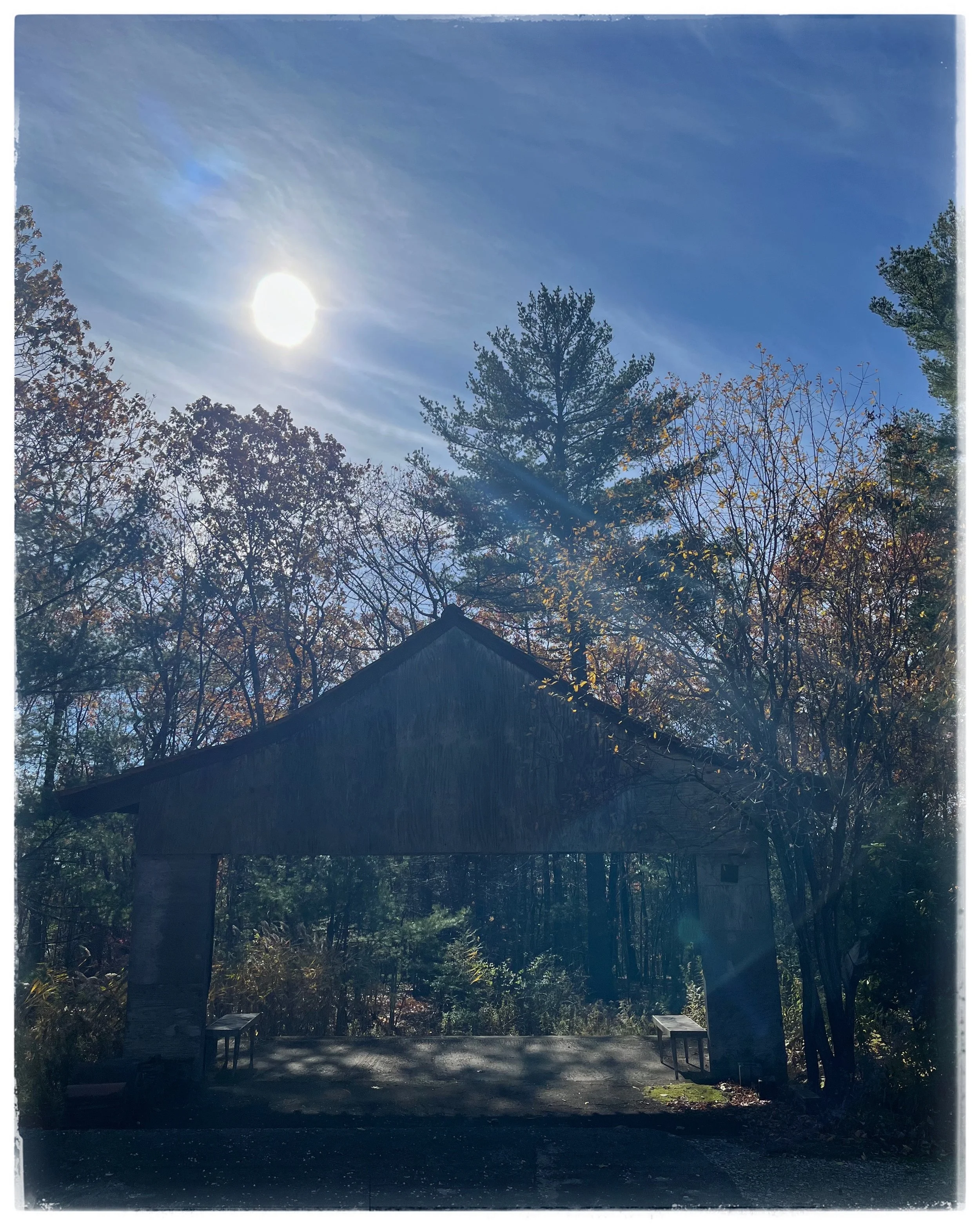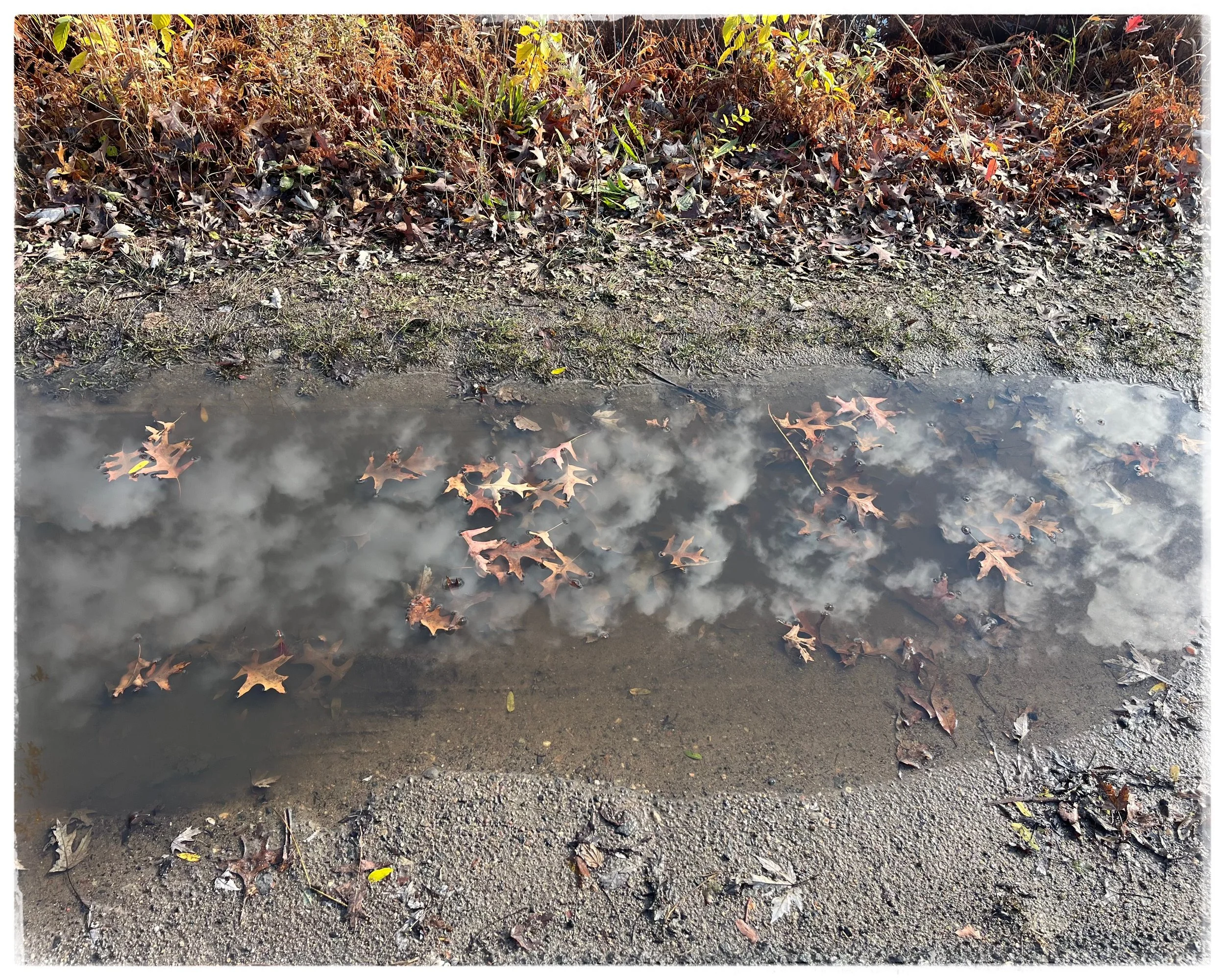Change One Thing and Everything Changes
Beginning in December 2014, Facebook became the epicenter of my work life and, in many ways, my personal life, too. I launched and facilitated multiple creative membership communities and hundreds of writing groups, ranging from 12-week accountability groups to 2-week generative groups to month-long poetry extravaganzas.
Often, I had several groups going at a time. Some had themes – seasonal, spiritual, Jewish, identity-based.
I read and commented on thousands of freewrites, drafts, and check-ins.
I cheered on, and in some cases edited, manuscripts as they grew into full-fledged books, nearly 30 of which grace a special shelf in my office.
I wrote prompts, oh, how I wrote prompts —201 of which I compiled into a book, lest years of creative offerings atrophy on my hard drive.
And I wrote. I wrote alongside every writer who entrusted me with their words. I wrote newsletters, poems, essays, blog posts, op-eds, rants, lamentations, and prayers. I wrote my everyday life and my greatest fears. I wrote my gratitude and my misgivings. I wrote my regrets and my dreams.
I shared – a lot. And I invited a lot of sharing.
Together, all of this amounted to a decade of risk-taking, trial and error, near-constant output, visibility, and “online community building.”
I learned a ton.
I learned about boundaries (and the perils of not honoring them). I learned that people pleasing is a moving target. I learned that clichés have seeds of truth: Less is often more, and you will never be for everybody (and vice versa).
I learned that we have more in common than we think – and that knowing someone online is never, ever the same as knowing them offline.
I learned that soap boxes and high horses buckle under the weight of self-righteousness.
I learned that parasocial relationships, no matter how genuine, can slowly diminish and even replace “real” connections, ultimately leaving us lonelier and more disconnected from our local communities, families, and friends.
I learned that social media is seductive, addictive, and insular. No matter how much consciousness I thought I was bringing to it, every engagement on Facebook ultimately serves one thing: Facebook.
Since leaving, though it has not been long, other things in my life have begun to change. For example, I have started lifting weights (seven pounds!) in our yoga room, the third bedroom in our house that I had yet to quite make friends with. I’ve been stretching, sliding, and moving on the hardwood floor, in silence or with music. I’ve been jogging and walking at least two miles a day. Yesterday, I finished a novel and started listening to a new book that is lighting me up.
I am also noticing more. Noticing how my relationship to time feels gentler. Noticing my thoughts are clearer. Noticing patterns and fields of awareness. Noticing moments of feeling quieter, more myself, less plate spinning, and more contentment.
In these 11 days, I have had moments of sublime laughter with my mom. Car time with my dad. Phone and coffee time with my kids. Time with M.J. talking about what we want and supporting each other’s choices. Snuggle time with Chupie, of course.
I don’t think I’m just imagining an uptick in invitations and opportunities to spend time with people, for social, creative, spiritual, familial, learning, and political reasons. In fact, the weekend after I left Facebook, I received a text from a beloved friend I had not heard from for some time. Two days later, we spent 90 minutes on the phone.
All of this is undoubtedly why something a therapist named Rachel Haack wrote stopped me in my tracks. She writes:
This 24/7 accessibility has raised the relational temperature for everyone. We’re over-connected, overstimulated, and overwhelmed. Most adults are managing hundreds of micro-relationships through text, email, and social media. The guilt of not keeping up, of failing to “stay in touch”, becomes exhausting. And sometimes, that guilt turns into avoidance or conflict.
We’re living in what I call the age of too much para-connection, where everyone feels both crowded and lonely.
Just as my lungs began healing the moment I stopped smoking on July 7, 2015, my nervous system is healing since I hit the Facebook “delete” button on October 31, 2025.
We are not meant to be static. This does not mean staying in motion; it means seeing where we are caught in loops of our own making, moving on inertia belts that keep us feeling frantic to keep up yet never “arriving,” feeling less than, trapped in rooms that mirror our flaws and never our light.
All the while, something amazing is happening, if only we look up from our screens.
That amazing thing is existence itself – mine, yours, ours, and that of every living thing. The branches outside my window, the last of their golden leaves letting go. The music in my ears. The tendrils of a dream I had early this morning. The smell of garlic and onions wafting upstairs from the chili M.J. is prepping for dinner.
In Chapter 2 of Kabbalah for Beginners: Understanding and Applying Kabbalistic History, Concepts, and Practices, Reb Brian Yosef Schachter-Brooks offers this beautiful teaching:
“It is only after we lose our completeness — kicked out of Eden, kicked out of the womb — that we can then consciously receive the gift of wholeness and, paradoxically, we do that by realizing we never really lost it. It was only covered over by the impressions of external experience, reflected in our thoughts and feelings… It is not difficult to receive back your wholeness by simply receiving the fullness of the present moment, acknowledging and embracing its oneness, and letting yourself fall into that oneness. But really living that oneness, through all of life, through the bitter, the sweet, and the mundane, requires a life reorientation of serving that oneness. And that’s why the mitzvot have always been so important to the Kabbalists.”
I am not writing to persuade you to leave social media. As someone who spent many hours a day on Meta platforms up until less than two weeks ago, please let me not have that kind of hubris.
No, what I am curious about is something far more interesting: wholeness.
Wholeness requires attention.
Attention requires intention.
Intention requires awareness.
Awareness requires nothing more than a breath.
That breath is waiting for you. Take it.

